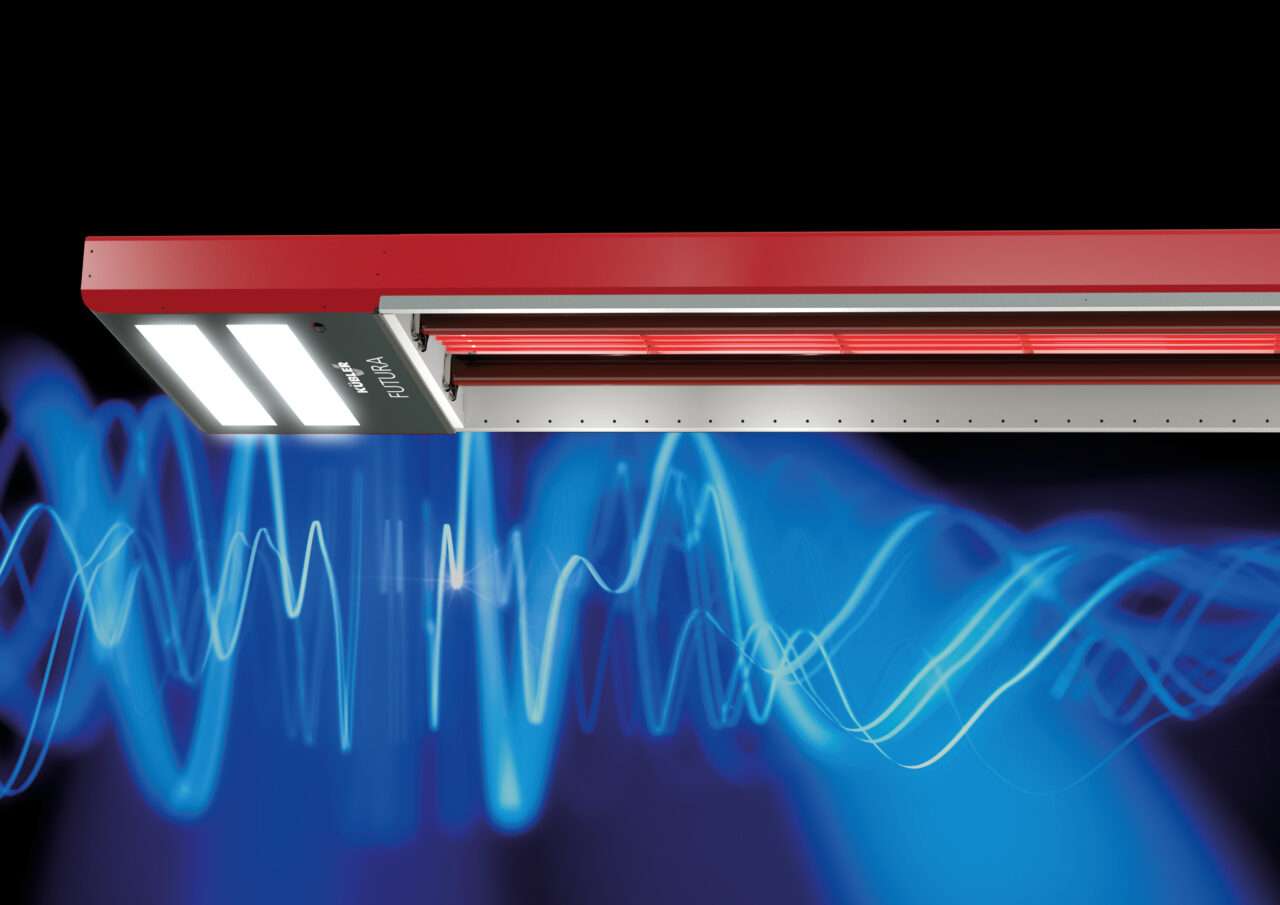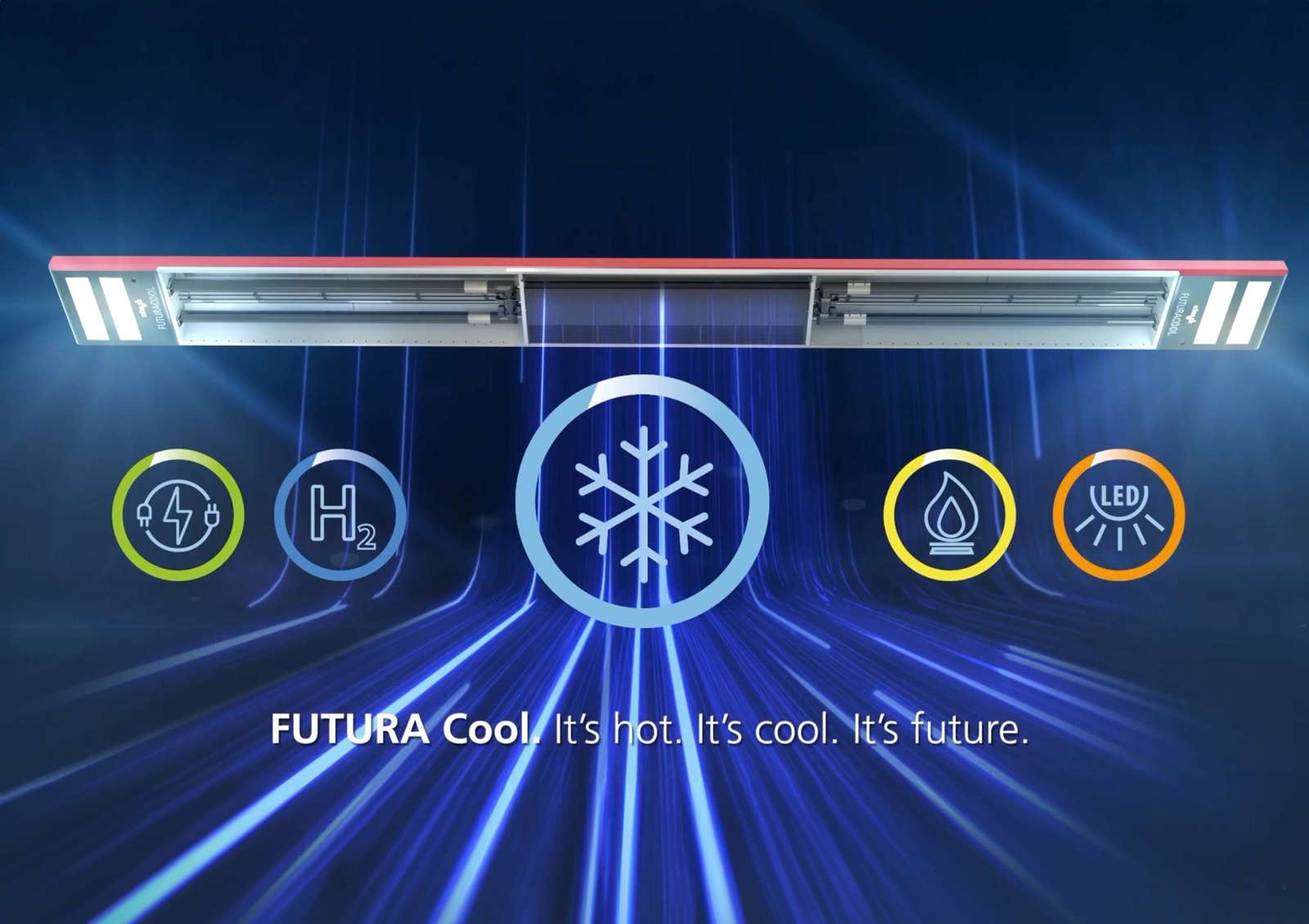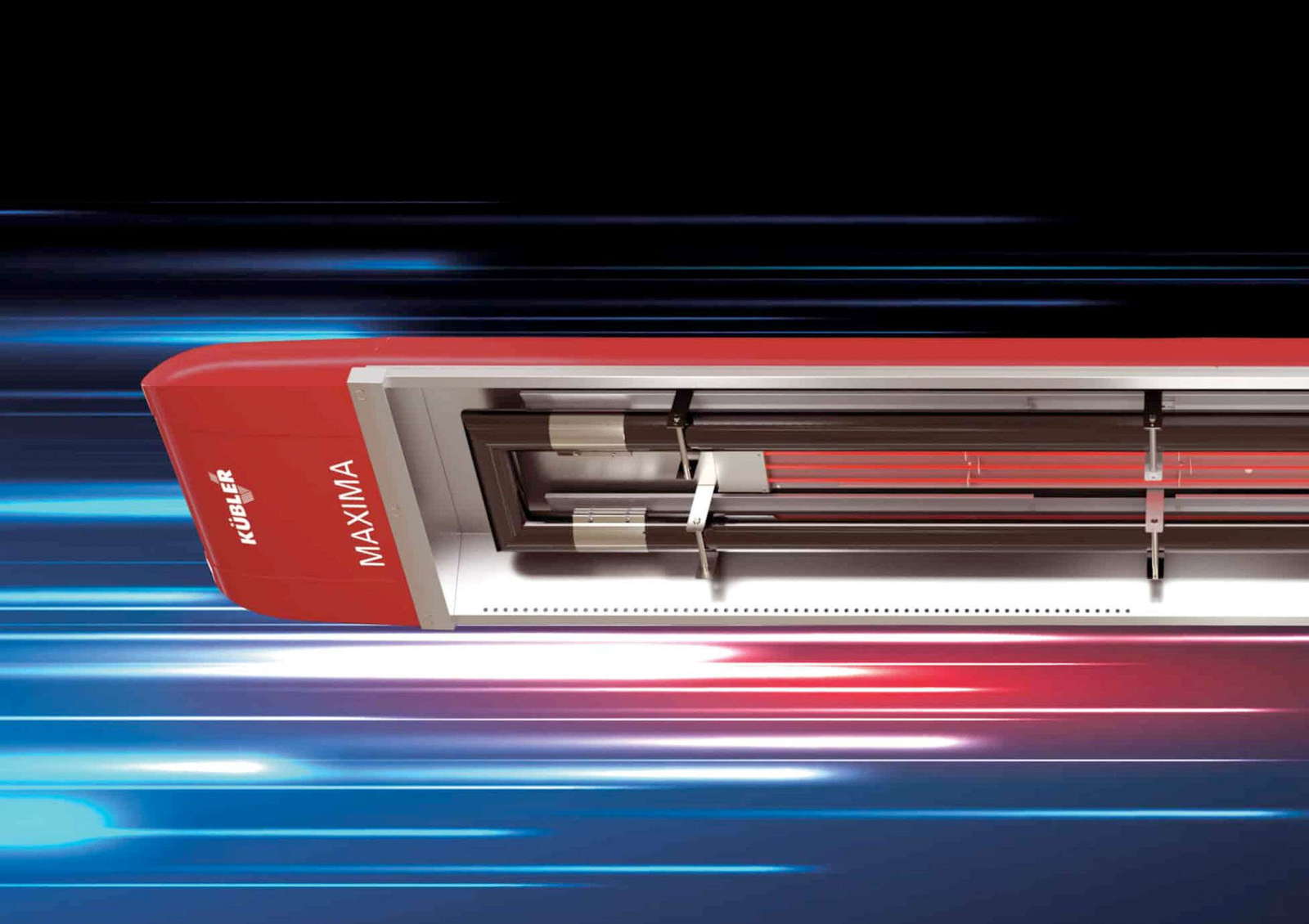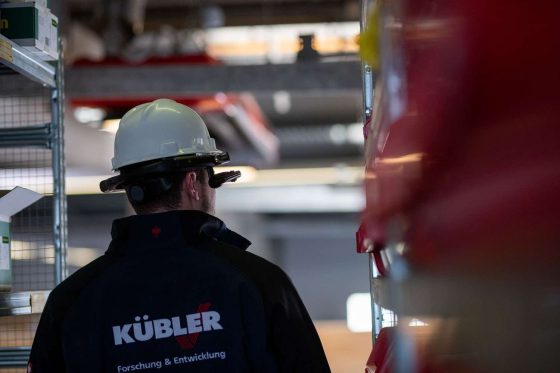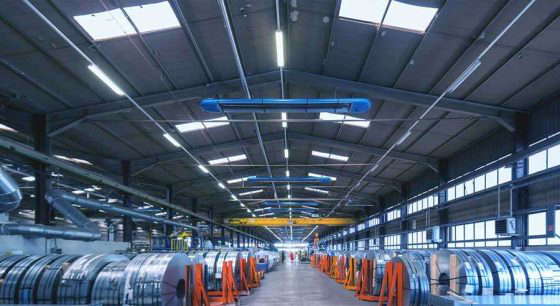Heating maintenance in summer: 5 reasons why you should definitely tackle your heating system
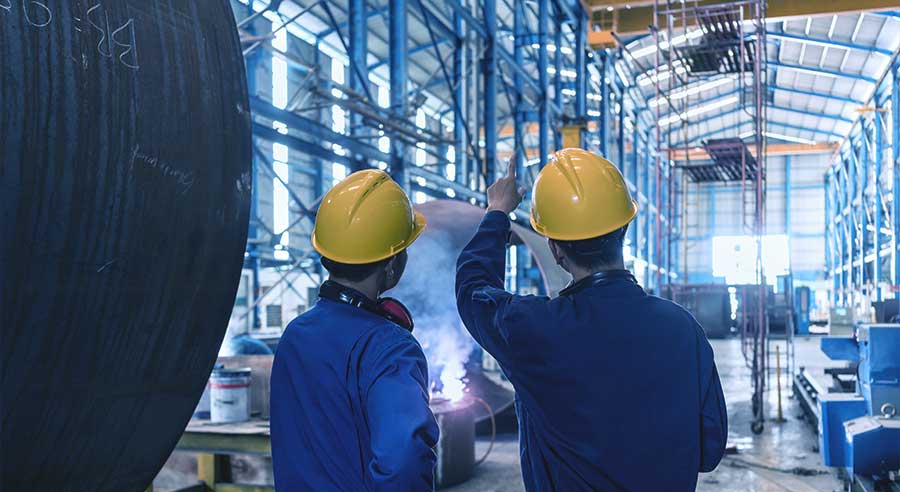
In this article, we have put together five good reasons why you should service your heating system as early as possible.
Reason 1: It is mandatory that you maintain your heating system regularly
Various standards, technical regulations and also the Building Energy Act recommend that owners of infrared-based hall heating systems regularly maintain and service their heating systems. These are the most important ones:
- Building Energy Act (GEG) § 60
- Gas Appliances Regulation (EU) 2016/426
- Technical rules for gas installations (TRGI)
- DVGW regulations G 638-1 and G 638-2
- Procurement and Contract Regulations for Construction Work (VOB/B)
- Ordinance on the sweeping and inspection of installations (KÜO)
In order to have legal certainty, the legal obligation of the GEG alone should be reason enough to have your heating system serviced annually. But let's look at four other good reasons why maintenance should be a fixed date in your financial year.
Reason 2: Increase availability and productivity by maintaining your heating system
A heating system is in operation for an average of 1,700 hours a year. Compare that with a car. At an average speed of 60 km/h, this operating time would correspond to a mileage of more than 100,000 km per year - unthinkable without an inspection. The same applies to your hall heating system, which is why you should maintain your heating system at regular intervals.
Starting with the good feeling of starting the next heating period safely. Although indoor heating systems from a brand manufacturer are highly resilient and designed for reliable continuous operation, wearing parts must also be replaced regularly. A regular check is important so that you are not caught cold in winter and, in the worst case, production has to come to a standstill. If you expect your heating system to be fully functional at all times, you should service it regularly. In addition, heating maintenance is the best prerequisite for consistently high heating comfort, economical operation, low emission values and for maintaining the value and long life cycle of your system.
Reason 3: Extend your warranty period by having your heating system serviced in accordance with the contract
Another point in favor of having your heating system serviced is the warranty period. If your new heating system has a manufacturer's warranty, this is usually also linked to regular maintenance. Many manufacturers offer you the following within this framework Maintenance contracts to. The statutory warranty period of one year for components in contact with fire is then extended to two years, for example, and the two-year warranty for components not in contact with fire is extended to five years. If you forgo the service contract and neglect heating maintenance, you will also forgo this important benefit. So it's better to play it safe and have your heating system serviced.
Reason 4: Having your heating system serviced saves money and protects the environment
Infrared heaters heat highly efficiently and save energy. Depending on the hall project, you can reduce energy consumption and the corresponding costs by up to 70 % compared to conventional heating appliances. The CO2-emissions can be significantly minimized. However, this economic and ecological advantage can gradually evaporate if you do not have your heating system serviced at regular intervals. An inaccuracy in the temperature display of 1 °C alone can result in additional consumption of 5 to 7 %. In addition, impurities or a poorly adjusted burner can further reduce the efficiency of the heating system. Only if you have your heating system serviced and adjusted at regular intervals will energy be used efficiently and with low emissions. An annual service not only saves you trouble, but also money. And: it ensures predictable maintenance costs at manageable fixed prices instead of incalculable costs in the event of a malfunction.
This makes it clear that anyone who does not have their heating system serviced is heating increasingly inefficiently. And Energy efficiency is an important keyword that is firmly anchored in the climate protection targets of the EU and the German government. In order to achieve these goals, companies are required to reduce pollutant emissions when supplying heating and cooling. The basis for this includes energy-efficient buildings and appliances. Anyone tackling their heating maintenance in spring or summer should therefore use this time to uncover potential savings. After all, there is still enough time before the next heating period begins. Can the system structure or hall layout be designed more efficiently? Can heating appliances be optimized with new, digital components or even replaced with more efficient appliances? There are many possibilities.
You should therefore definitely plan to have your heating system serviced and checked if you want to reduce heating costs and increase efficiency. After all, since January 01, 2021, the CO2tax, which makes heating with fossil fuels more cost-intensive year after year. Take precautions here and keep your hall heating at the optimum efficiency level through maintenance.
Reason 5: Maintain heating and increase employee satisfaction
The heating check increases the operational safety and reliability of your heating system. If you have your heating system serviced by a specialist in spring or summer, you will have enough time to rectify any faults. This will ensure that your system continues to work reliably in the next heating season - a real plus point for your employees too. After all, their satisfaction and productivity depend to a large extent on the right indoor climate. You can guarantee this with a 100 % functional heating system.
Conclusion: There is nothing to stop you from servicing your heating system at regular intervals
Whichever way you look at it, there are no reasons not to have your heating system serviced. Instead, there are many good reasons for it. More efficiency. Lower heating costs. Increased service life. Extended warranty protection. Greater operational safety and reliability. Higher productivity. And, of course, satisfied employees. With this in mind, it's best to order your heating maintenance immediately afterwards and benefit from all these advantages!
-
When production is running in the run-up to Christmas, nobody has time for heating control. The main thing is that it is nice and warm in the hall. Once set, the heating runs for the specified operating times.
-
New gas heating quickly in 2023 - often the cheapest decision that also pays off for the environmentThe BMWK is currently causing a stir with a draft bill. This is because it involves a categorical ban on gas heating systems. According to the plan, from 2024, only heating systems powered by 65 % renewable energies may be used. Formally, this can only be heat pumps, district heating or biomass heating. This raises the question: what about the openness of technology in Germany? And who should pay for it? Decentralized gas-powered heating systems are often the only economically and functionally viable solutions, especially in hall buildings.
-
How will Germany heat from 2024 according to Federal Minister Habeck? First things first: the final answer is not yet available. This is because the draft for a new Building Energy Act (GEG) has only just made it through the cabinet. The next step will be to ask the Bundestag and Bundesrat. Nevertheless, the announced "end" for gas and oil heating systems has been making waves for months. And caused so much uncertainty that last winter, instead of investing in the energy-efficient refurbishment of their hall heating systems, industry often preferred to reactivate old oil and coal heating systems...
-
Infrared hall heating in your production: How to create the right indoor climate for your productionIndoor buildings are a world of their own. Especially in winter. The high rooms pose a real challenge for anyone who wants to ensure the most pleasant working climate possible. But there are solutions - infrared hall heating, for example.
